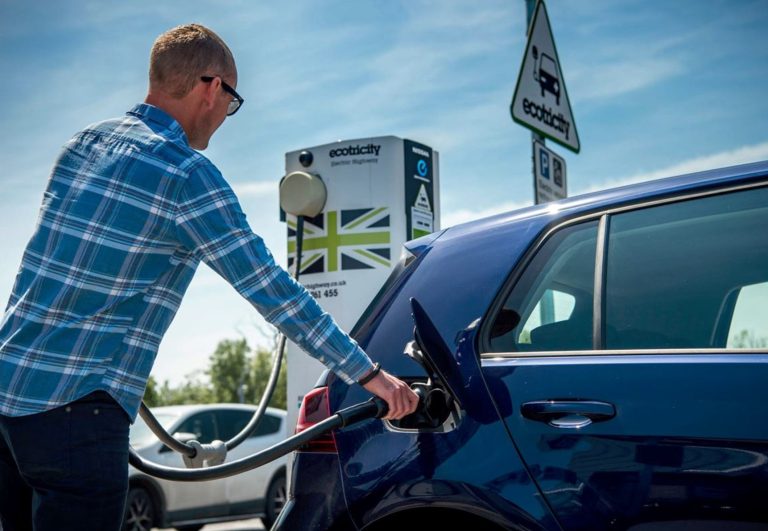
This week’s announcement of plans to close the Vauxhall van factory in Luton highlights the difficulties the UK continues to face in its transition to electric vehicles (EVs). [emphasis, links added]
Experts say the popularity of electric cars has failed to keep pace with government plans for British manufacturers to sell only zero-emission cars by 2030.
Stellantis, which owns Vauxhall and several other car brands, blamed its decision to close the Luton plant on “the UK's 'strict' zero-emission vehicle directive”Yahoo News UK said it triggered a debate about the feasibility of Labour's goals.
Automakers face fines if they don't meet annual EV sales targets, so they often offer discounts or promotions, but the stability of EV demand has put even the most established car companies under pressure.
Private motorists 'refuse to cooperate with government targets', Onlookers say this means “Some big fines are coming.”
What is the zero emissions goal?
In January this year, a government-backed commitment to move entirely to electric vehicles by 2035 – the Zero Emission Vehicles (ZEV) Directive – was signed into law.
The order sets incremental benchmarks, requiring automakers to sell a certain percentage of electric vehicles each year before a blanket ban.
This year, The Labor leader said he would restore the original goal of the ZEV directive: 100% zero-emission vehicles by 2030.
“This is five years ahead of the mandatory target originally set by Rishi Sunak's government, which carmakers said they would not be able to meet,” the Daily Mail reported.
To meet current targets, 28% of new cars and 16% of vans sold in 2025 must be zero-emission.
If manufacturers fail to meet the benchmarks, they must pay penalties: £15,000 [$19,099] £18,000 per non-compliant car [$22,919] For every non-compliant truck.
Why are automakers “hitting the panic button”?
This year, weak demand for electric vehicles means manufacturers will struggle to meet government targets. Many people now face difficult choices.
“To avoid fines, they say they have to heavily discount new cars,” BBC News said. Or they are “subsidising” rival companies that only make electric vehicles, and “none of these companies have a manufacturing base in the UK.”
According to the Daily Mail, Stellantis and other carmakers have “pressed the panic button” and “cut the cost of some electric vehicles by 35%.”
The Society of Motor Manufacturers and Traders told the newspaper that car companies were taking an estimated £4bn hit on discounts and “warned The order will have a “devastating impact” on businesses and jobs.
Ford has announced it will cut 4,000 jobs in Europe, while Volkswagen will close three of its factories in Germany “for the first time in the company's history.”“The New York Times” said.
Jaguar is also undergoing a complete rebranding while transitioning to 100% electric vehicle production.
“We need government-backed incentives to urgently boost the uptake of electric vehicles,” Ford UK managing director Lisa Blankin told the BBC.
The company has invested hundreds of millions of dollars to beef up its electric fleet but has yet to see results. Blankin said that without demand, the electric vehicle mandate “won't work.”
What is the government's response?
Following Vauxhall's announcement, the government appears to be paying more attention to the needs of manufacturers.
Business Secretary Jonathan Reynolds told carmakers he was “deeply concerned” about implementation of the targets. “I don't think the policies that we inherited, particularly in relation to zero-emission vehicles, are working the way that anyone wants them to,” he said, according to Yahoo News UK.
However, the government apparently wants to “comply with the 2030 deadline to phase out the sale of new petrol and diesel-powered cars”the news website said.
Popular photos of John Cameron Not splashed
Read the break on Yahoo! message
